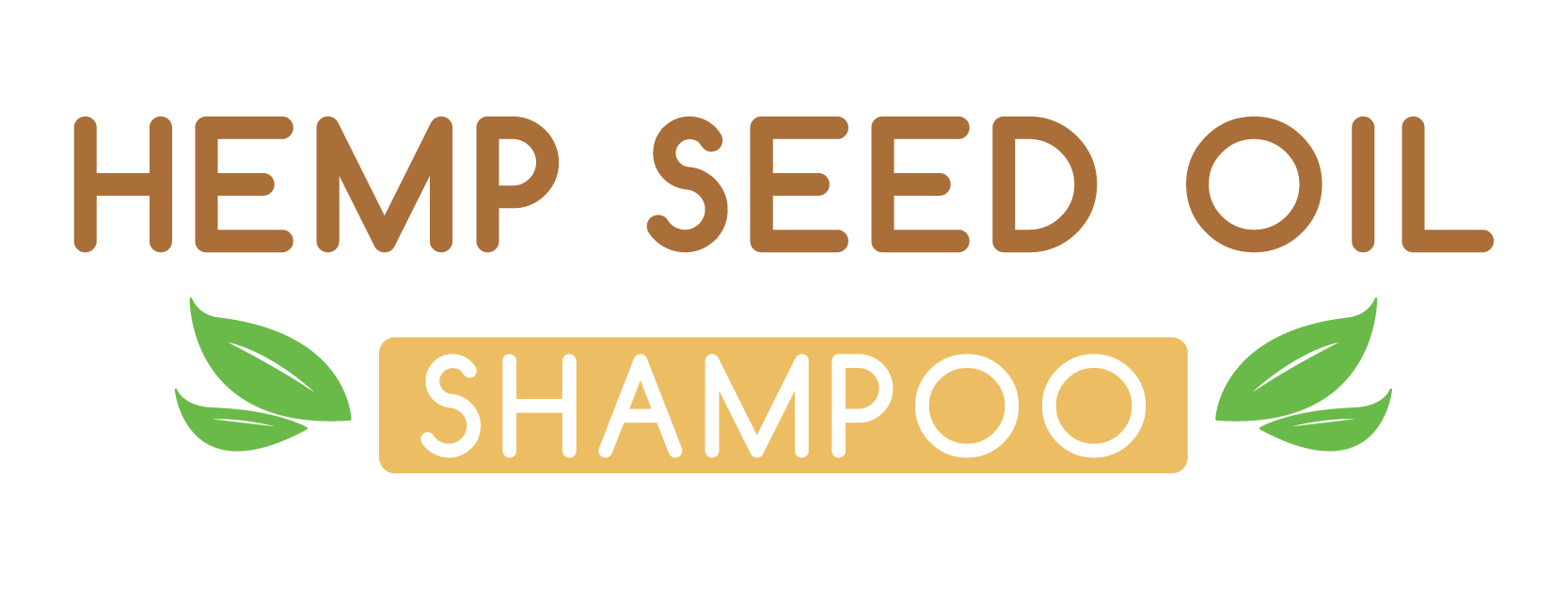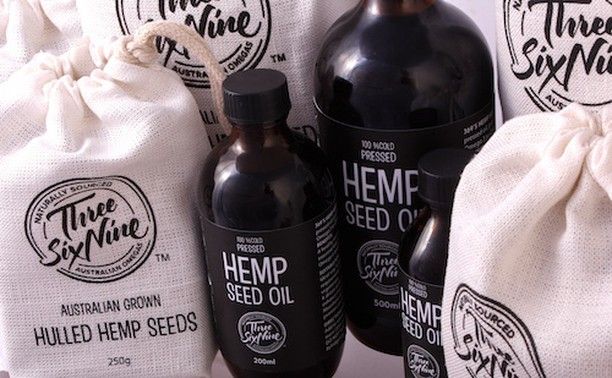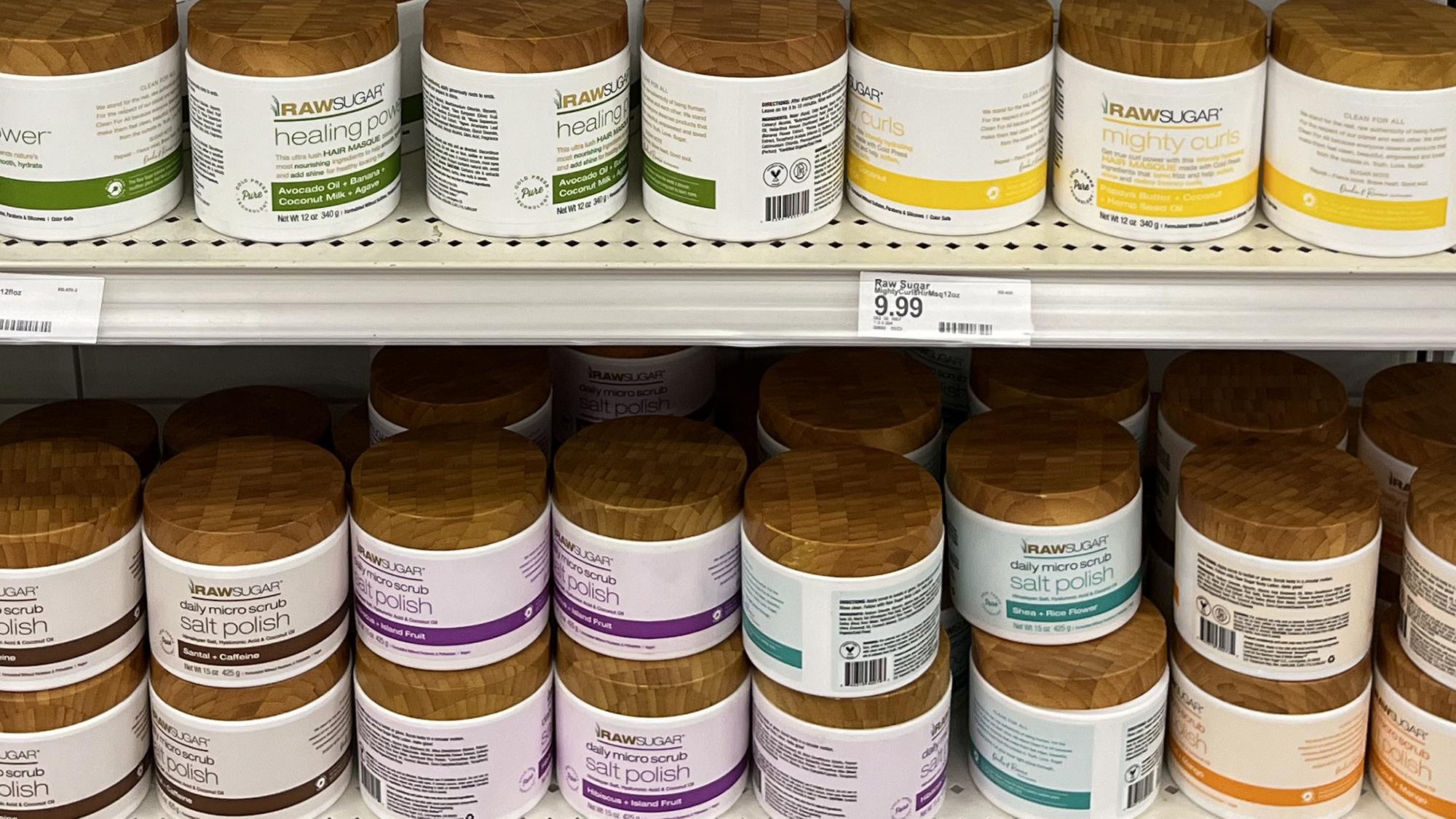When hemp seed oil began appearing on shampoo shelves, many consumers wondered whether it signaled a true innovation in haircare or simply another marketing trend. From a dermatologist and beauty-industry standpoint, hemp seed oil shampoos fall into a credible niche: they offer real moisturizing and soothing benefits, but they are not transformative cure-alls.
Hemp seed oil—listed on cosmetic labels as Cannabis sativa seed oil—comes from cold-pressed hemp seeds and contains no THC or intoxicating cannabinoids. Dermatologists consider it a legitimate cosmetic ingredient because it functions primarily as an emollient and scalp-conditioning oil. Its rich profile of omega-3 and omega-6 fatty acids, including gamma-linolenic acid, helps support the skin barrier and reduce dryness. This makes it useful for individuals dealing with flakiness, mild irritation, or a tight, uncomfortable scalp.
Beauty experts often compare hemp seed oil to other well-known plant oils such as argan, jojoba, or shea-derived lipids. In well-formulated shampoos, these oils help seal in moisture and improve the hair’s overall feel, adding softness and shine. Hemp’s essential fatty acids can also help smooth the hair cuticle, making it especially appealing for coarse, frizz-prone, or chemically treated hair seeking gentle hydration.
Dermatologists, however, tend to approach specialty ingredients with measured expectations. In clinical discussions of shampoo design, experts frequently note that many of the extra “highlight” ingredients added to shampoos—botanicals, vitamins, or trendy oils—provide mild benefits because contact time on the scalp is short. The detergent system, conditioning agents, and pH balance typically have a greater impact on scalp comfort and hair appearance than any one added oil. For this reason, dermatologists view hemp seed oil as a supportive ingredient rather than a transformative one.
Beauty journalists and cosmetic chemists echo this balanced perspective. While hemp seed oil may help reduce dryness, enhance moisture retention, and calm mild irritation, there is limited clinical research specific to its performance in shampoos. Experts emphasize that choosing a gentle, well-rounded formula—free from overly harsh surfactants and excessive fragrance—matters more than focusing on a single ingredient.
When it comes to safety, hemp seed oil is generally considered low-risk for most users. It is non-intoxicating, non-comedogenic, and tends to be well tolerated even by individuals with sensitive skin. However, dermatologists still recommend patch testing new products, especially for those prone to irritation or allergies.
So, are hemp seed oil shampoos legitimate and effective? Most experts would say yes—within realistic expectations. They are credible, nourishing shampoos that can offer scalp comfort and improved hair softness, particularly for people with dryness or frizz. However, they are not miracle products and should not be expected to reverse medical scalp conditions or stimulate dramatic hair growth.
For consumers, the takeaway is simple: hemp seed oil shampoos are a valid choice for gentle hydration and scalp support, as long as buyers focus on the overall formula rather than the hemp ingredient alone.


